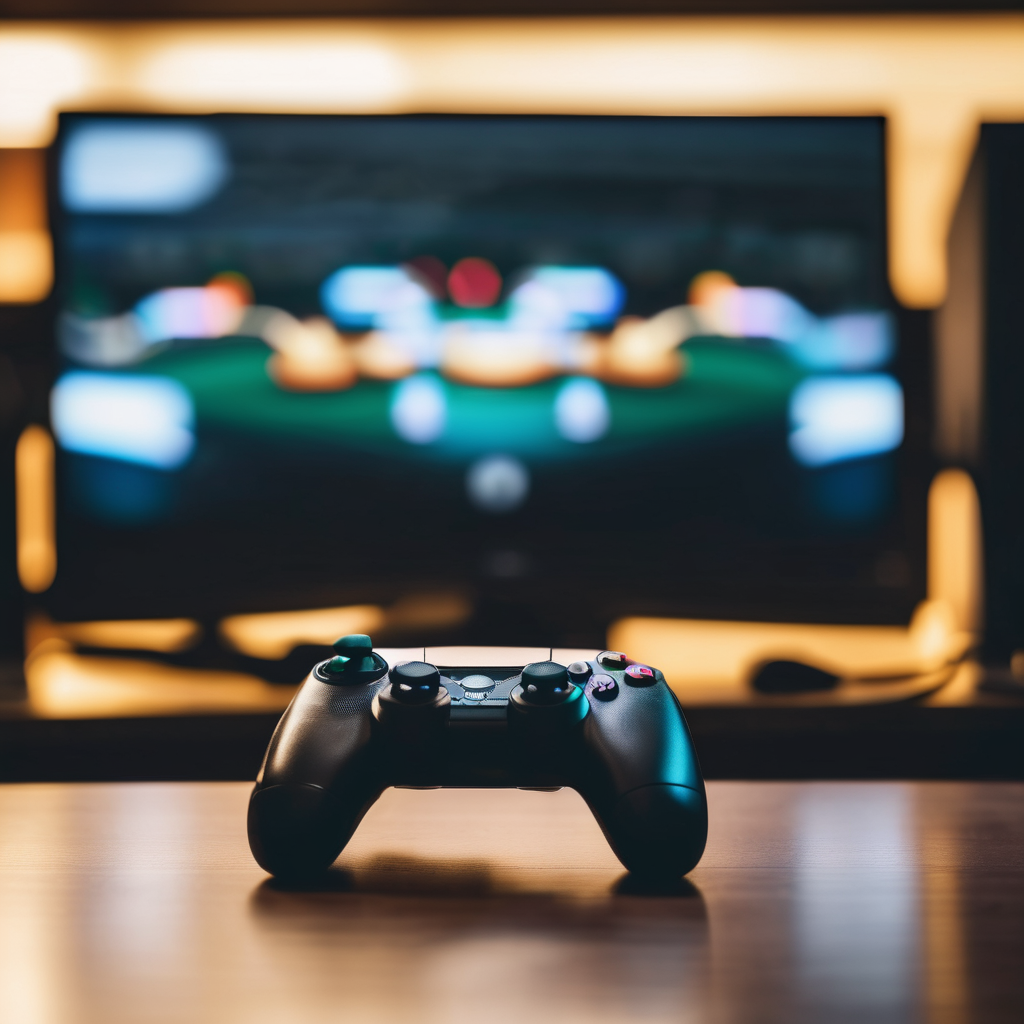Amazon Game Studios made a significant splash on September 30, 2016, during TwitchCon by announcing Breakaway, Crucible, and New World, marking its ambitious entry into high-stakes game development. However, nearly a decade later, the company finds itself reflecting on these once-promising projects, which have largely faltered under various challenges, leading to a reevaluation of its gaming aspirations.
Breakaway was the first casualty, with development ceasing in 2018 following disappointing previews and an open alpha that failed to capture interest. Crucible, despite not being abandoned initially, faced an even more meteoric decline, ultimately being ‘un-released’ just a month after its launch and subsequently cancelled. The latest blow came with the announcement that active development on New World would cease, although the game will remain operational until at least the end of 2026.
The decline of these key projects reveals a wider pattern of missteps within Amazon Game Studios, characterized by ambitious goals marred by inconsistent execution and flat results. This has culminated in significant layoffs within the gaming division, reflecting broader troubles as Amazon attempts to carve out a niche in the competitive gaming market.
Previous reflections from Ethan Evans, a former vice president at Prime Gaming, shed light on the struggle for Amazon to challenge the established dominance of Steam. He articulated that despite Amazon’s size, which far exceeded that of Steam, the company failed to innovate in a way that resonated with gamers. Instead, they found themselves unable to shift user habits, unable to validate assumptions about their audience and, in the end, unable to create something that would effectively draw users away from established platforms.
The attempts by Amazon to break into the gaming market included various strategies—from forming its own storefront on Twitch and launching the cloud gaming service Luna, which received minimal attention, to shifting focus towards smaller-scale projects. However, none of these efforts have successfully resonated with the gaming community in the same way that Steam has maintained its stronghold over the market.
Despite these setbacks, Amazon is not entirely abandoning its gaming ambitions. The company is now pivoting towards innovative experiences, such as developing an AI-powered game featuring Snoop Dogg in a judge role, suggesting a shift from large-scale productions to more creative endeavors that could capture the interest of gamers in a different manner.
Though the journey has been rocky for Amazon Game Studios, the potential for growth and learning from past mistakes could lead to more successful pursuits in the future. With the right adjustments and a clearer understanding of what gamers want, there remains the possibility for Amazon to carve out a niche in this ever-evolving industry.
